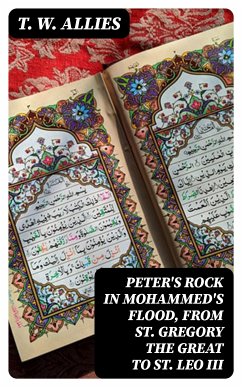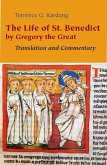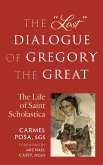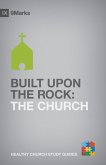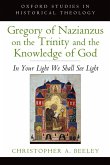In "Peter's Rock in Mohammed's Flood, from St. Gregory the Great to St. Leo III," T. W. Allies embarks on a profound exploration of the relationship between the Papacy and the evolving Islamic world from the early Middle Ages to the 8th century. With a meticulous attention to historical detail, Allies employs a rich, erudite style that intertwines thorough theological examination with historical narratives, situating the role of the Church amidst the geopolitical complexities of the time. His analysis highlights pivotal moments in ecclesiastical history, illustrating how the Popes navigated the existential threats posed by Islamic expansion while fortifying the foundations of Christendom in a world fraught with conflict and uncertainty. T. W. Allies was a notable figure in the 19th century, deeply engaged in theological discourse and with a rich background in both history and philosophy. His profound commitment to Catholic scholarship, coupled with his critical analysis of contemporary religious challenges, undoubtedly informed this work. Allies seeks to elucidate the Papal influence during tumultuous times, drawing from extensive primary sources to craft a narrative that is both academically robust and accessible. This book is highly recommended for scholars, theologians, and history enthusiasts alike. Allies' insightful analysis not only sheds light on a crucial historical period but also encourages a deeper understanding of the Papacy's role in shaping Christian thought amidst external challenges. Readers will find it an enlightening contribution to the discourse on religion, politics, and history during a transformative era.
Dieser Download kann aus rechtlichen Gründen nur mit Rechnungsadresse in A, B, BG, CY, CZ, D, DK, EW, E, FIN, F, GR, H, IRL, I, LT, L, LR, M, NL, PL, P, R, S, SLO, SK ausgeliefert werden.

